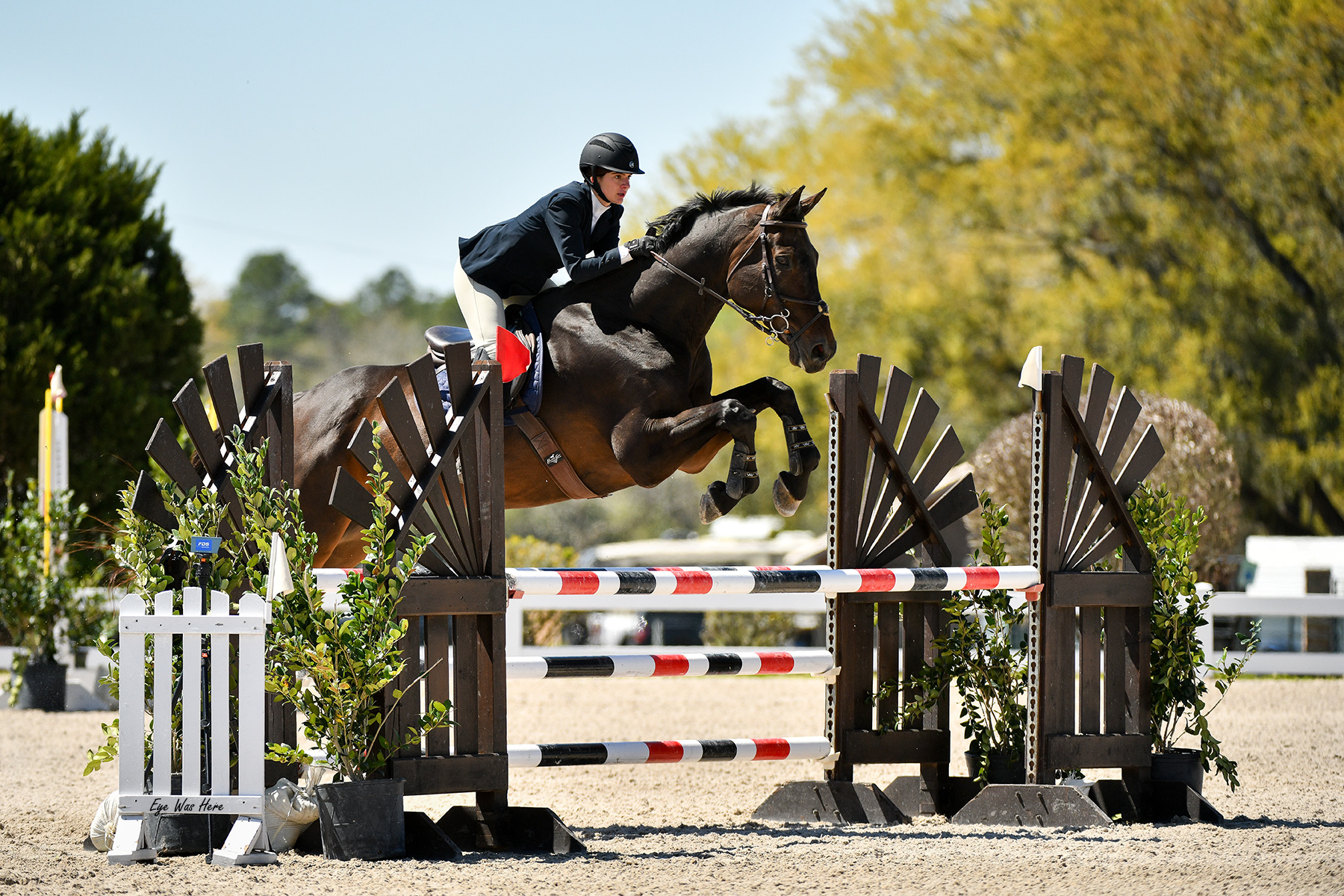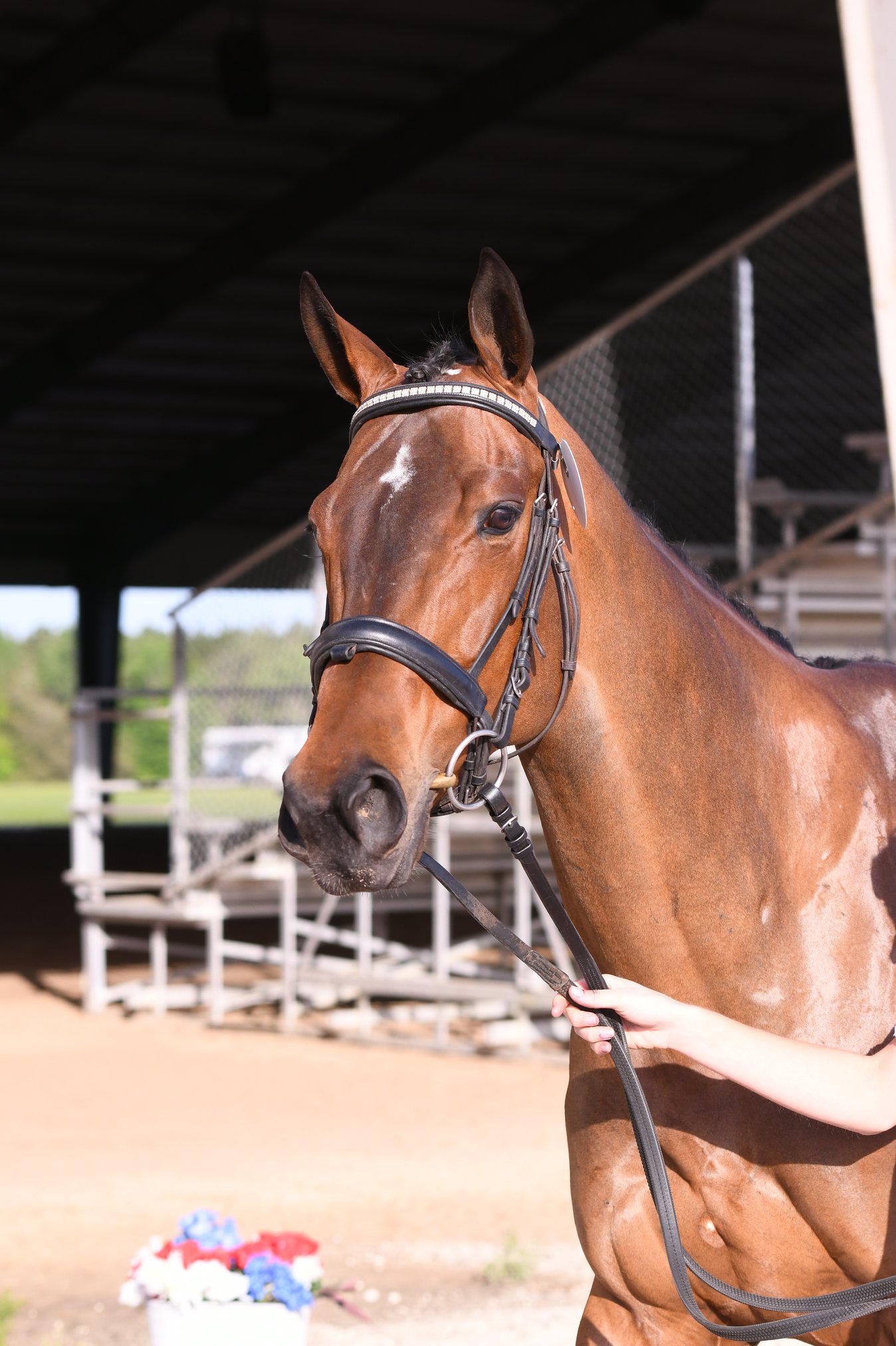
Photo courtesy of Banixx.
Some ideas to consider as winter approaches … stay warm and safe!!
- Check your horse daily, In addition to currying, run your hands over your horse’s skin to find any problem areas hidden by winter hair such as body condition, ‘leftover’ ticks, cuts, scabs, rain rot and scratches. Especially check the horse’s armpits, groin and stomach.
- A weight tape is an easy way to keep track of the horse’s body condition (record the numbers every couple of weeks).
- Horses’ ears tell a great story! Gently cup her ears to feel if they are cold or warm. If the ears are cold, then the horse is probably cold. This is a great bonding/quiet opportunity with your horse.
- Hoof Care: Wet conditions can increase thrush issues. Pick the horses feet and apply Banixx Horse & Pet Care spray. In extreme thrush cases soak the afflicted hoof in Banixx. See our page on thrush treatment.
- Horse need fresh, clean water. Keep an eye on your horse’s water consumption particularly when barometric levels change; this negatively affects some horses more than others.
- Check wiring to heaters in outdoor tanks, and encase electrical cords with plastic pipe or old water hoses and secure them out of reach of inquisitive equine mouths.
- Have a back-up plan if water is frozen and unavailable; an ice chest can be helpful to transport water.
- A great way to add additional moisture to the horse’s diet is a “mush” of sloppy beet pulp (great fibre) or add water to his favorite feed to increase hydration.
- Remove the cobwebs hanging around to reduce dust and fire hazards and to improve air quality.
- Ensure good ventilation in the barn. Poor ventilation can lead to a build-up of ammonia. If the barn smells bad to you, it probably is! This can be ‘hard’ on a horse’s delicate respiratory systems.
- Keep an old hairdryer in the barn to warm your horse’s bit. It can serve as double-duty if your horse’s back is moist from riding and you have to re-apply a blanket.
- De-worm before it gets bitter cold so that your horse does not suffer the double stress of intense cold and dewormer in his gut. Keep in mind that deworming can be harder on the older horse.
- Think about having your horse’s teeth checked to ensure they can eat hay well.
Brought to you by Banixx – the #1 trusted solution for equine and pet owners!























